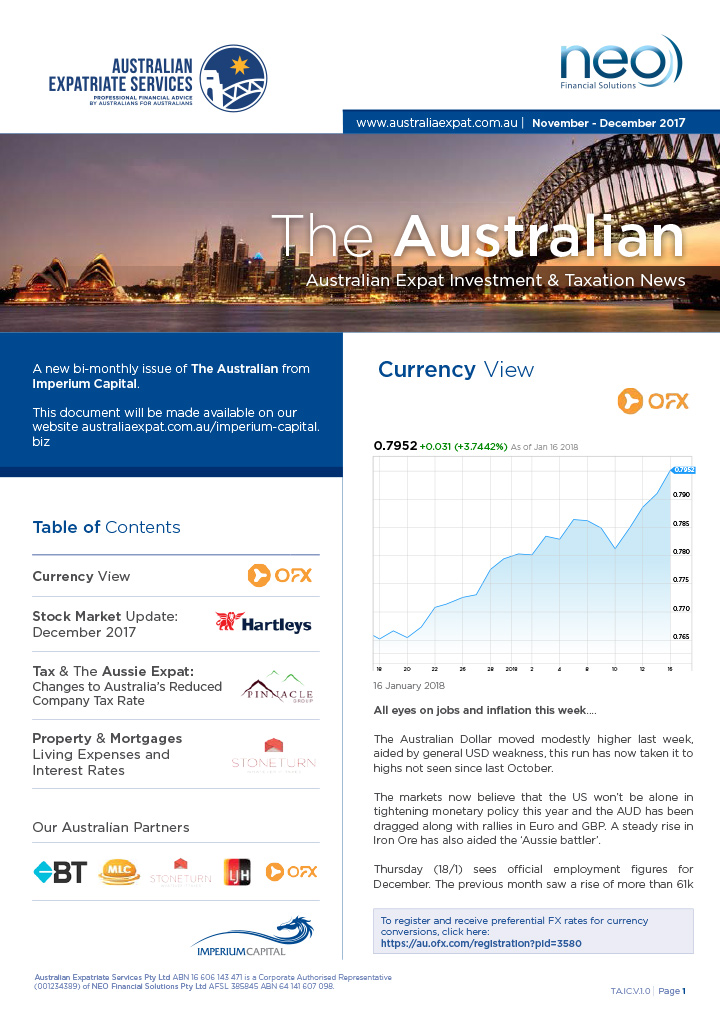Currency View by OFX


Last week’s news
- Donald Trump started the week announcing a plan to spend $1 trillion on infrastructure projects, which brought support to risk currencies against the USD. However, the US dollar managed to erase initial losses and ended up gaining against all majors except for the JPY. The USD gained around 1% against the Euro, Aussie dollar and Kiwi. The Pound lost 2% and the CAD did well, only losing 0.25%. The pick-up in cases in the US is keeping long term yields in check, the US 10-year Government bond yield continues trading close to March lows while the S&P 500 ended flat.
- Early in the week Fed Chair Jerome Powell spoke publicly and said workers in certain economic sectors may need further support, inferring an extension of the extra $600 weekly emergency unemployment benefits, which are set to expire by the end of July. Powell said that leisure and hospitality industries are suffering, and it will be very difficult for those jobs to come back quickly. Powell also said that the Fed will eventually move away from buying ETFs altogether and focus on buying bonds as the, “…primary mode of support,” for credit markets.
- After three months of emergency stimulus by the Bank of England (BoE), the situation in the British financial markets seems to be improving. The combination of the £200 billion quantitative easing package and the commercial paper scheme has helped the market return to something close to normality. The BoE and the Monetary Policy Committee voted 9-0 to keep rates on hold at 0.1%. The decision to lift the asset purchase target by 100 billion pounds to 745 billion pounds was backed by eight members, as expected. However, the BoE also signalled plans to slow the pace of asset purchases.
- Emerging market currencies with the Mexican Peso and South African Rand falling 1.8% and 1.3% against the USD respectively. Brazil’s Real was the worst performing currency in the world after policymakers delivered a 75-basis point rate cut and left the door open to extending the easing cycle.
Looking ahead
- It seems like the need for US dollars seen in March was the peak liquidity stress event driven by the pandemic. The Fed lowered costs and extended the duration of its existing swap lines as part of its easing package. Now central banks in Europe and Asia are reducing their US dollar auctions, a sign of confidence liquidity stress is ending. The European Central Bank, Bank of England, the Bank of Japan, and the Swiss National Bank said they will cut the frequency of their seven-day dollar operations from daily to three times a week starting on July 1st.
- In Australia, Philip Lowe reassured interest rates will stay around current lows for years and that the RBA would prefer a lower Aussie to support higher inflation. 3-year rates are trading around 0.25% while the 10-year note is still trading below 1%. There are rumours the government will provide a second leg of allowance to access an extra A$10k from superannuation, which could support the Aussie in the short term. We’ll get job vacancies data on Thursday.
- Trump had high expectations for his first rally in Oklahoma, but things didn’t go as expected after more than 10,000 didn’t show up. His campaign blamed “radical protesters” for blocking roads but some democrat politicians claimed in Tweeter that Trump got “rocked” by TikTok teens who flooded the rally with fake ticket reservations.
Key market events this week
- EUR Markit Eurozone Manufacturing PMI – Tuesday
- GBP Markit UK PMI Manufacturing SA – Tuesday
- USD Markit US Manufacturing PMI – Tuesday
- USD New Home Sales – Tuesday
- NZD RBNZ Official Cash Rate – Tuesday
- NZD Trade Balance NZD – Wednesday
- USD Wholesale Inventories MoM – Thursday
- USD Durable Goods Orders – Thursday
- USD GDP Annualized QoQ – Thursday
- USD University of Michigan Sentiment – Friday
Disclaimer
Note that specialist Accounting, Property, Mortgage and Foreign exchange services offered by our partners, Stoneturn, OFX, Hartley’s and LJ Hooker are via referral arrangement only. Australian Expatriate Services are not responsible for any advice/services provided by these Firms.

